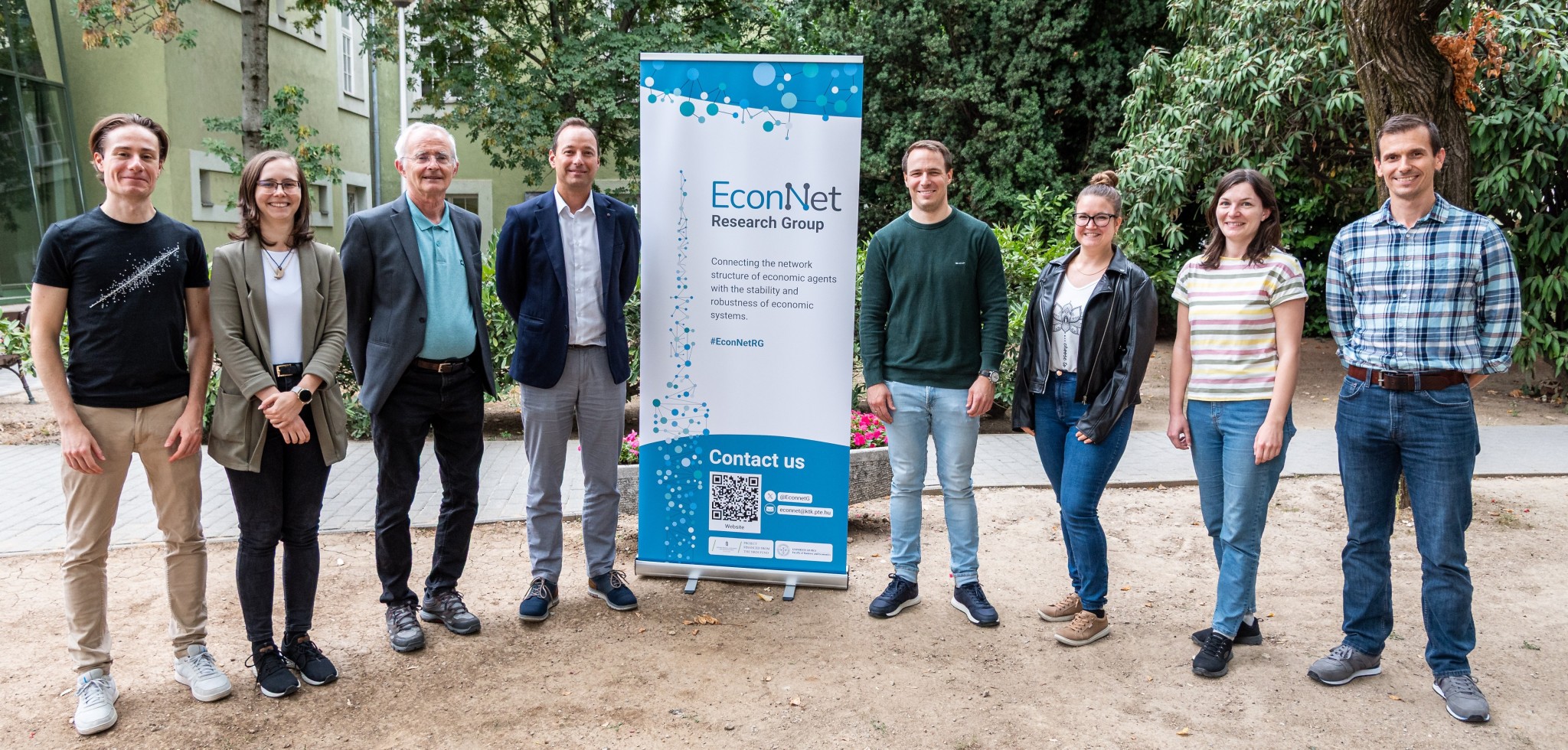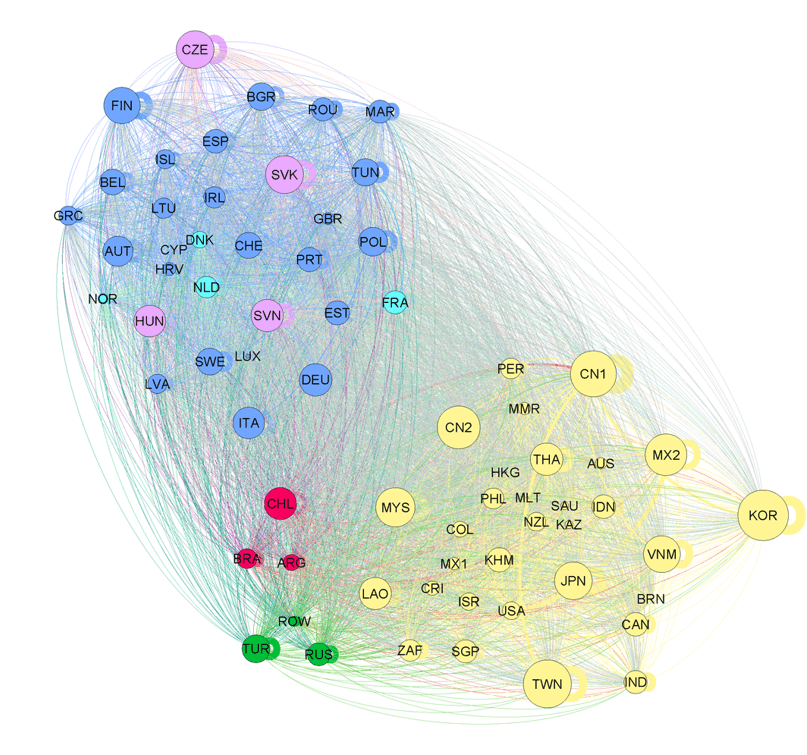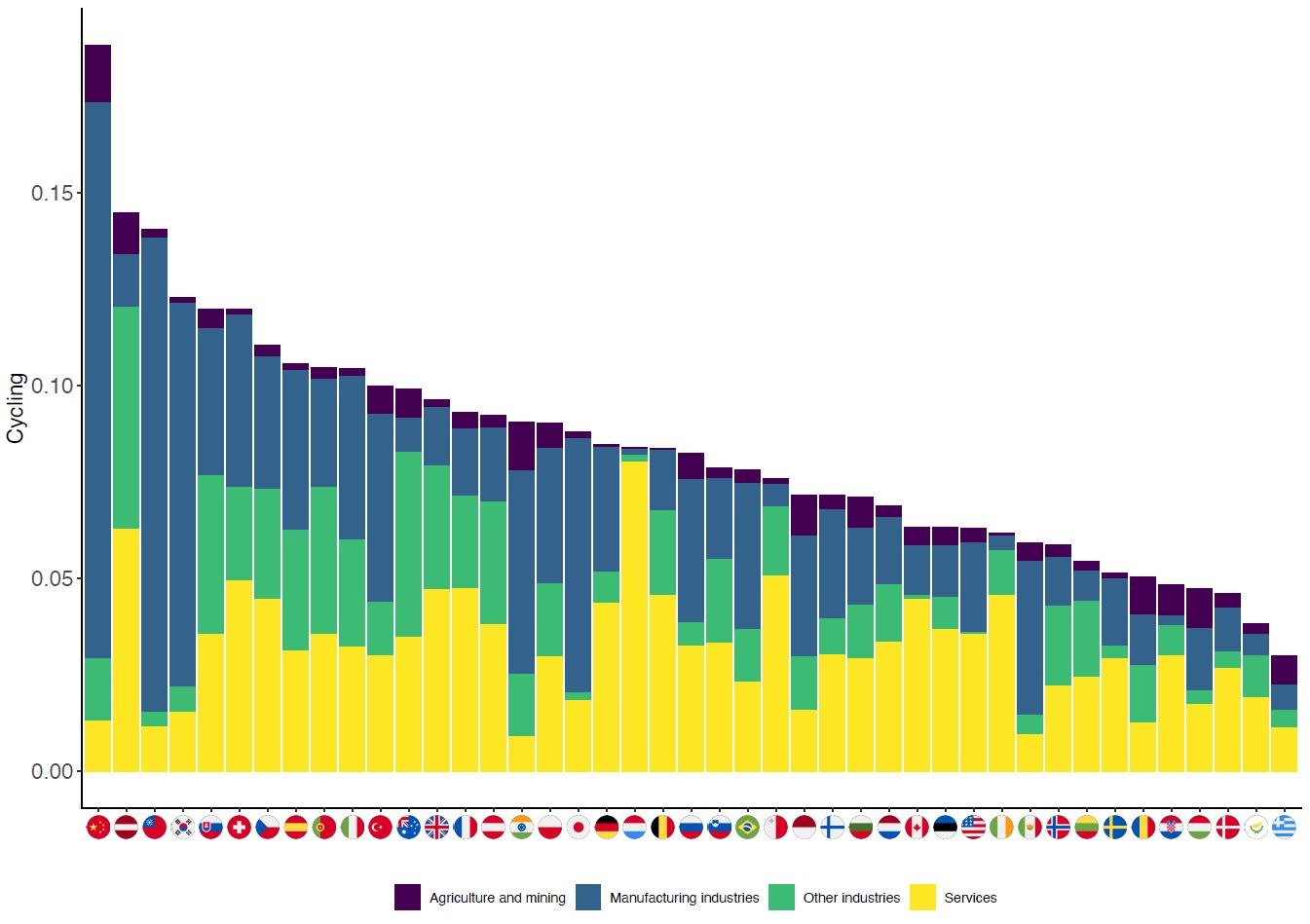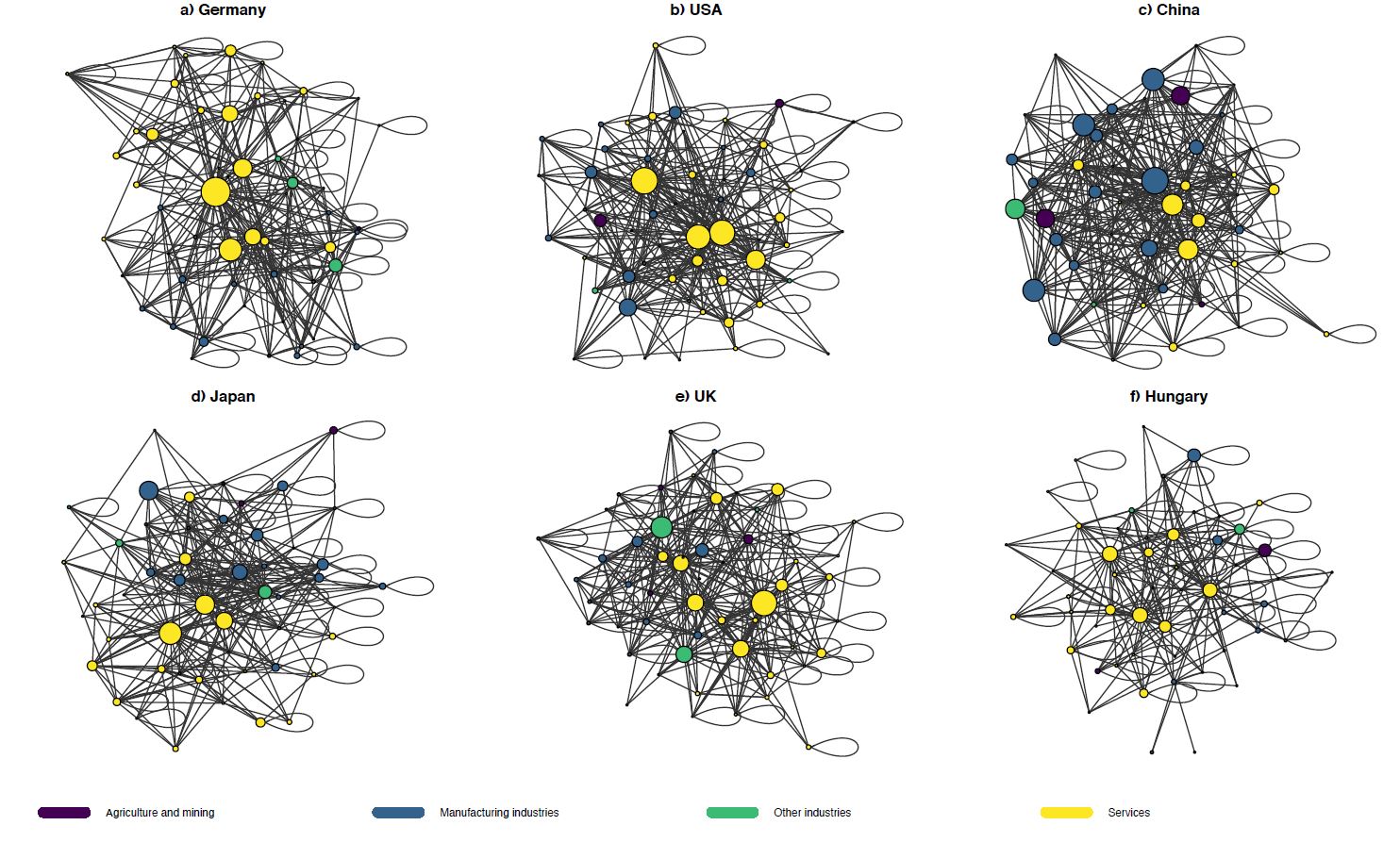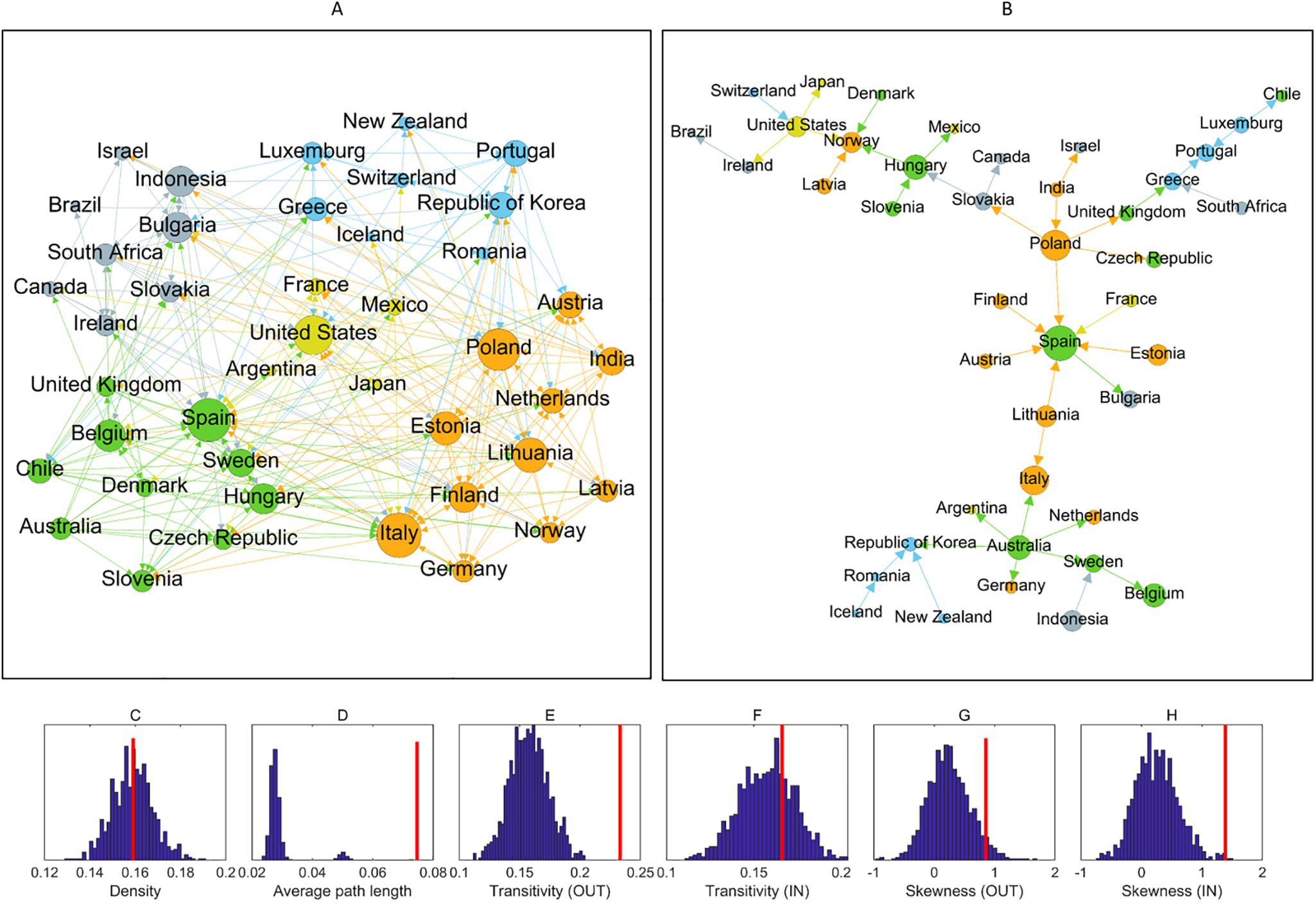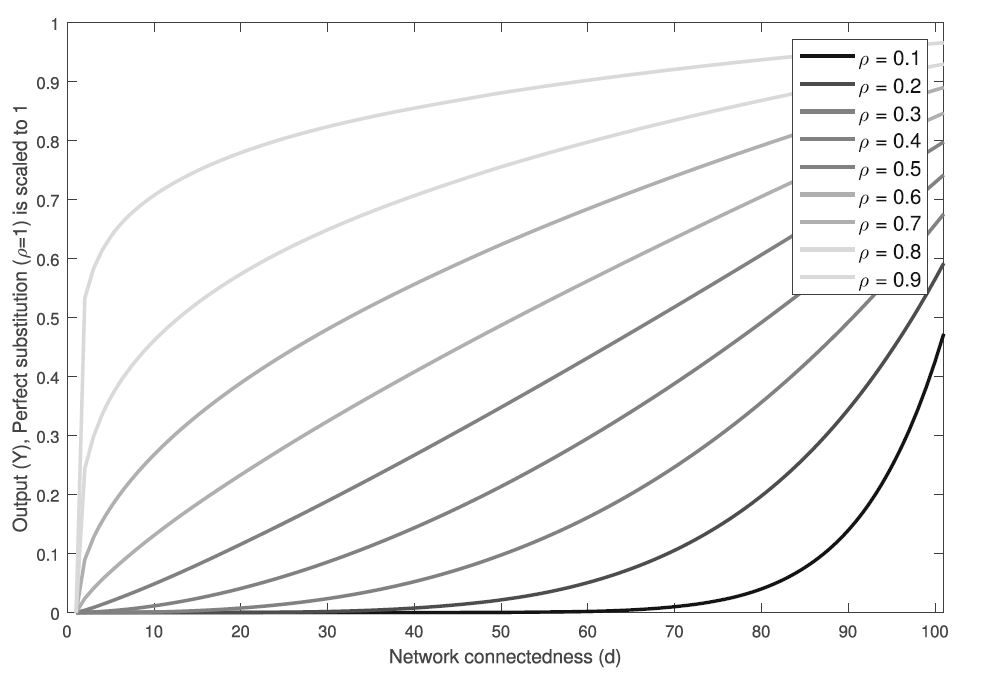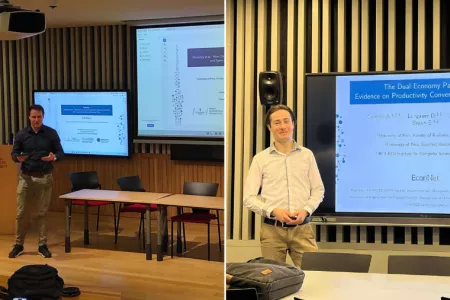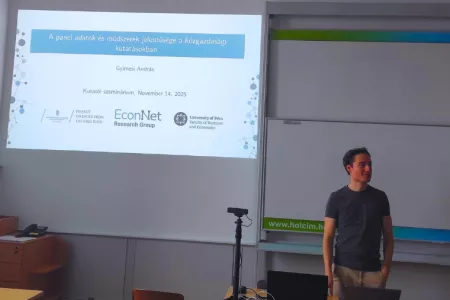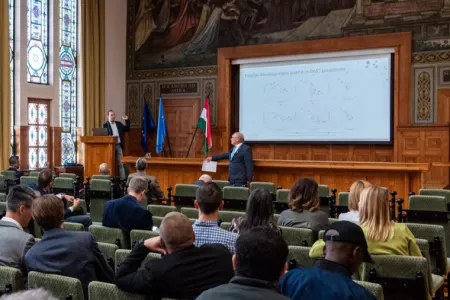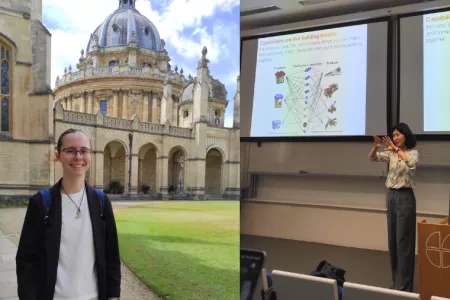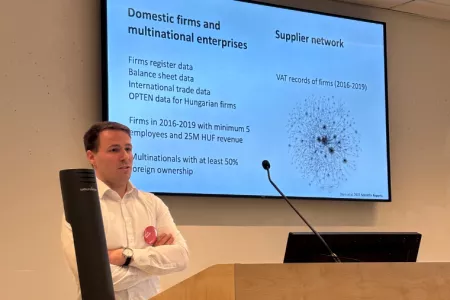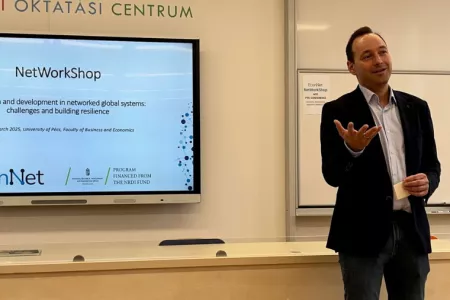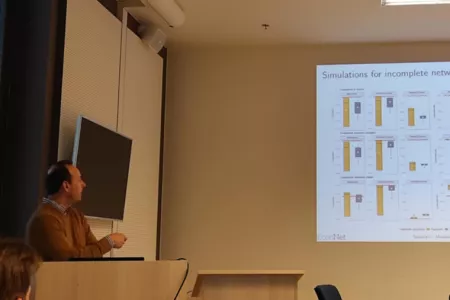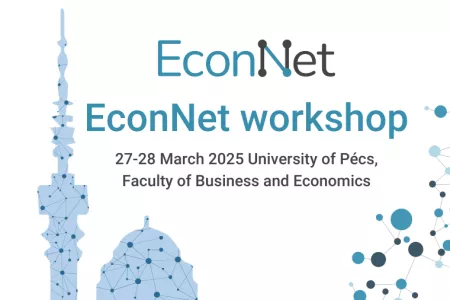The EconNet team has been forming at the Faculty of Business and Economics, University of Pécs since 2016, conducting research on different aspects of economic networks, primarily in the field of connecting the network structure of economic agents with the stability and robustness of economic systems. Tamás Sebestyén, the leader of the team defended his PhD in 2011 in the same subject. Later, several researchers were attracted to join the research, thus developing the activities in the form of an organized set of researchers and activities, gaining more embeddedness and fundraising capabilities later on. The formal aspects of the team were grounded by a grant under the New National Excellence Program in 2016, then a University of Pécs grant in its TalentSpot allowed for activities to be organized as a research group, with 6 members. After this, the Higher Education Institutional Excellence Program and the Research Area Excellence Program (both running at UPFBE) provided funding for the research team, while a successful application for the ‘OTKA’ grant in 2021 resulted in a much broader financial background for a 4 years period, opening the possibility for long-run planning for the team.
People
Cooperating partners
Projects
Vulnerability, specialisation and development pathways in global value chains
The research provides a comprehensive understanding of the dual economic structure and its implications for development and resilience. By identifying successful development pathways and the conditions that enhance resilience, the project will provide valuable guidance to policymakers navigating the complexities of globalization and economic integration.
This project, no. ADVANCED 150070 has been implemented with the support provided by the Ministry of Innovation and Technology of Hungary from the National Research, Development and Innovation Fund, financed under the ADVANCED_24 funding scheme.
Risks, efficiency and development in global and national production networks
Empirical and theoretical aspects of the structure of global and national value chains
Economic networks behind macroeconomic phenomena
The role of network structure in the stability of economic activity
Publications
Highlights
Kiss, T., Braun, E., & Sebestyén, T. (2025). Production network structure, specialization and unemployment: Measuring the structural resilience of national economies. STRUCTURAL CHANGE AND ECONOMIC DYNAMICS, 72, 11-28. https://doi.org/10.1016/j.strueco.2024.11.009
Braun, E., Braun, E., Gyimesi, A., Iloskics, Z. & Sebestyén, T. (2023). Exposure to trade disruptions in case of the Russia–Ukraine conflict: A product network approach. THE WORLD ECONOMY, 46(10), 2950-2982. https://doi.org/10.1111/twec.13417
Iloskics, Z., Sebestyén, T., & Braun, E. (2021). Shock propagation channels behind the global economic contagion network. The role of economic sectors and the direction of trade. PLOS ONE, 16(10). http://doi.org/10.1371/journal.pone.0258309
Sebestyén, T., & Iloskics, Z. (2020). Do economic shocks spread randomly?: A topological study of the global contagion network. PLOS ONE, 15(9), e0238626. http://doi.org/10.1371/journal.pone.0238626

